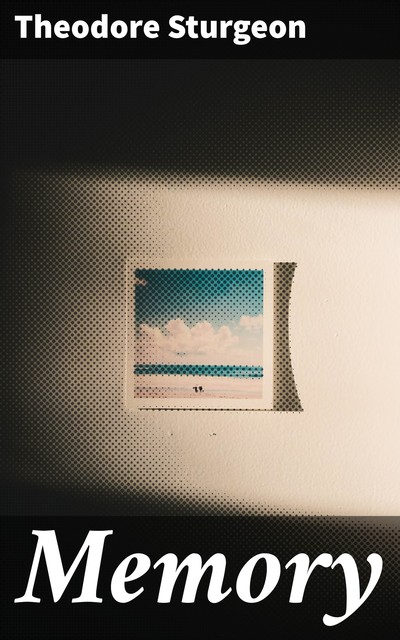Мы используем файлы куки, чтобы Bookmate и наши рекомендации работали лучше.
Подробнее на странице Политика Cookies
Подробнее на странице Политика Cookies
Принять все Cookies
Выбрать cookies
In “Memory,” Theodore Sturgeon crafts a richly layered narrative that delves into the complexities of human experience, memory, and identity. Interwoven with elements of speculative fiction, the novel explores the fundamental nature of recollection and the distortions it can bring to reality through its protagonist'Äôs journey of self-discovery. Sturgeon'Äôs lyrical prose and innovative storytelling techniques serve to challenge readers'Äô perceptions of time and consciousness, placing the narrative within the broader context of mid-20th century literature, where themes of existentialism intersect with the burgeoning fields of psychology and cognitive science. Theodore Sturgeon, an influential figure in 20th-century science fiction, has often been lauded for his introspective character studies and philosophical depth. His works, including “More Than Human” and “The Dreaming Jewels,” reveal a profound exploration of what it means to be human. Sturgeon'Äôs personal experiences, including his struggles with societal conventions and the quest for understanding, have undoubtedly shaped the thematic undercurrents of “Memory,” allowing readers to connect with deeply introspective existential inquiries that resonate beyond mere fiction. “Memory” is an intellectually stimulating read that beckons those fascinated by the intricacies of mind and emotion. Readers who appreciate a narrative that challenges conventional structures and prompts reflection on the nature of existence will find themselves profoundly engaged in Sturgeon'Äôs thoughtful exploration. This novel not only entertains but also invites lingering contemplation about the fabric of memory and its impact on identity.
больше
33 бумажные страницы
- Правообладатель
- Bookwire
- Дата публикации оригинала
- 2023
- Год выхода издания
- 2023
- Издательство
- Good Press
Уже прочитали? Что скажете?
👍👎
fb2epub
Перетащите файлы сюда,
не более 5 за один раз


